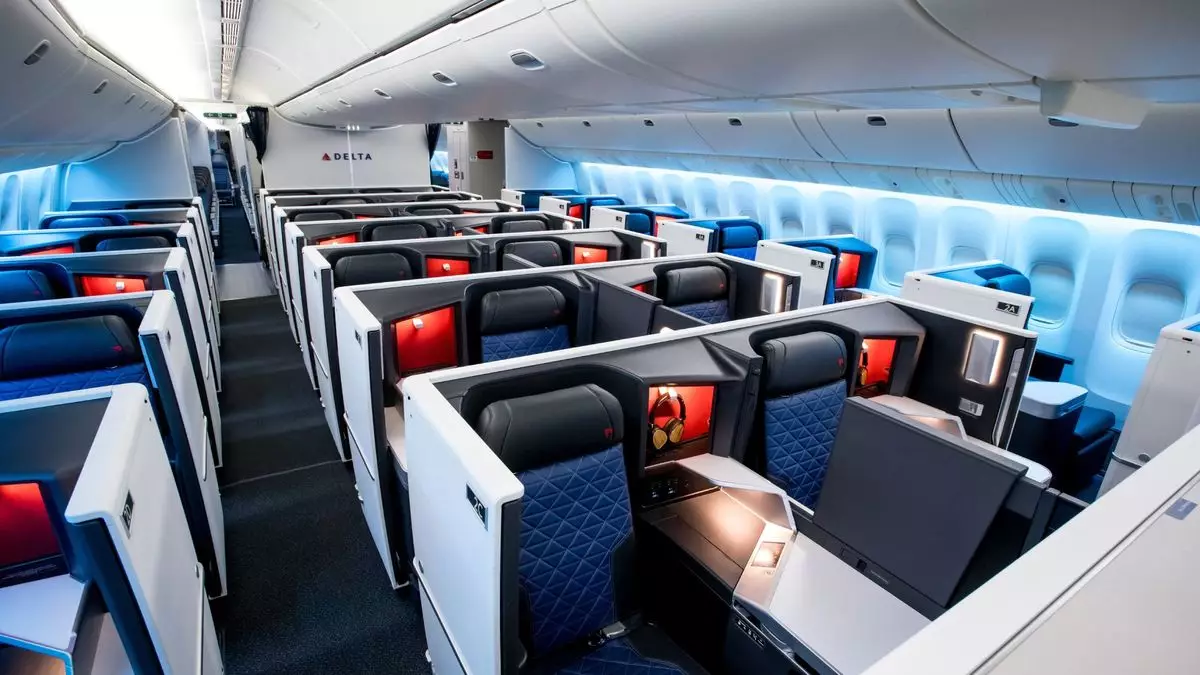Delta Air Lines is making a audacious push toward redefining its premium cabins through strategic segmentation, signaling a profound shift in its approach to customer service and revenue maximization. The airline’s leadership emphasizes that offering a broader array of choices—varying prices, flexible products, and tailored services—is central to its vision. This approach recognizes the modern traveler’s desire for personalization, transparency, and control over their journey. Unlike traditional airline models that rely on rigid service tiers, Delta aims to create a nuanced spectrum where passengers can select precisely what best fits their needs. This philosophy not only promises enhanced customer satisfaction but also introduces new revenue streams that reflect varying levels of demand and willingness to pay.
Unbundling the Classic Model: A Strategic Gamble
Although Delta remains discreet about upcoming deployment specifics, intentions to unbundle domestic first class and international business offerings are evident. This move aligns with industry trends where carriers shift from all-inclusive fare packages to à la carte options, giving passengers the chance to pay for only what they value. Such a strategy may challenge traditional perceptions of luxury and exclusivity, but it also opens doors to craft more competitive and flexible pricing strategies. The implications are significant: premium cabins may become more accessible to a broader audience, possibly generating higher overall revenues through targeted upgrades and cross-selling. However, the company’s caution suggests an awareness of the risks—namely, potential passenger dissatisfaction or market confusion if not executed thoughtfully.
Refined Products for a Modern Traveler
In recent months, Delta revamped its main cabin offerings with clearer distinctions between different levels—Main Basic, Main Classic, and Main Extra—each catering to different travel priorities. By emphasizing seat selection, flexibility, and boarding privileges, Delta refines what it means to provide value at each tier. These shifts are not arbitrary but serve as a blueprint for premium cabins, where segmentation could become even more nuanced. Currently, Delta offers two variants within its domestic first class: a nonrefundable fare and a refundable option, providing clarity and choice. Internationally, Delta differentiates between its Delta One business class and Premium Select, a premium economy product that bridges the gap between economy and full-fledged business class. This layered approach demonstrates the airline’s dedication to adapting to diverse customer expectations and willingness to pay.
Financial Stability Amid Industry Turmoil
Despite the turbulence of recent years, Delta’s financial outlook appears resilient. The airline’s second-quarter profit of $2.1 billion is a testament to its strategic agility and disciplined cost management. The company’s forecast of a projected operating margin of 9% to 11% in the third quarter, along with a revenue increase of up to 4%, signals optimism. Delta’s capacity to navigate fluctuations in demand—stabilized after winter disruptions—reflects a disciplined balancing act between supply and demand. The company’s figures reveal a calculated confidence that its strategic reorientations in product segmentation and pricing will sustain profitability and support future growth, even in a highly competitive and unpredictable industry landscape.
Bold Moves in a Changing Market
Delta’s approach to premium cabin segmentation is not merely about offering more products—it’s an assertive message that the airline is actively shaping the future of air travel. By diversifying fare options and unbundling traditional packages, Delta not only responds to current market pressures but also positions itself as an innovator eager to meet evolving customer preferences. This bold strategy could redefine the premium experience, making it more transparent, customizable, and financially accessible. Whether these changes will lead to increased loyalty or confusion remains to be seen, but there’s no doubt that Delta is committed to pushing the boundaries of airline service, seeking not just to survive but to lead in an increasingly complex aviation landscape.


Leave a Reply